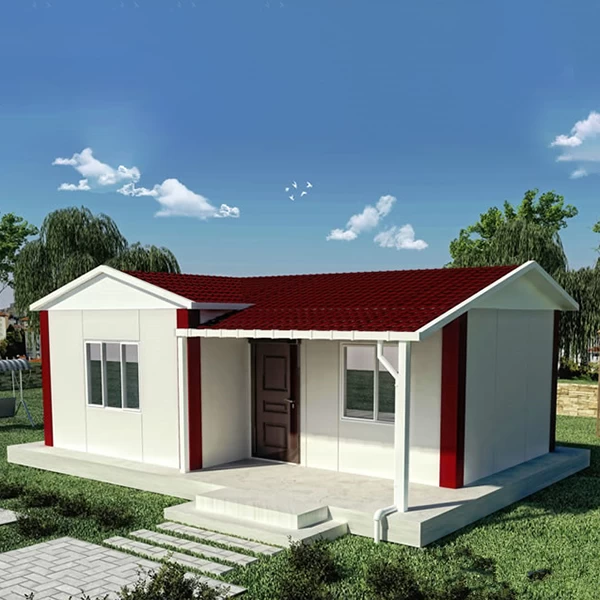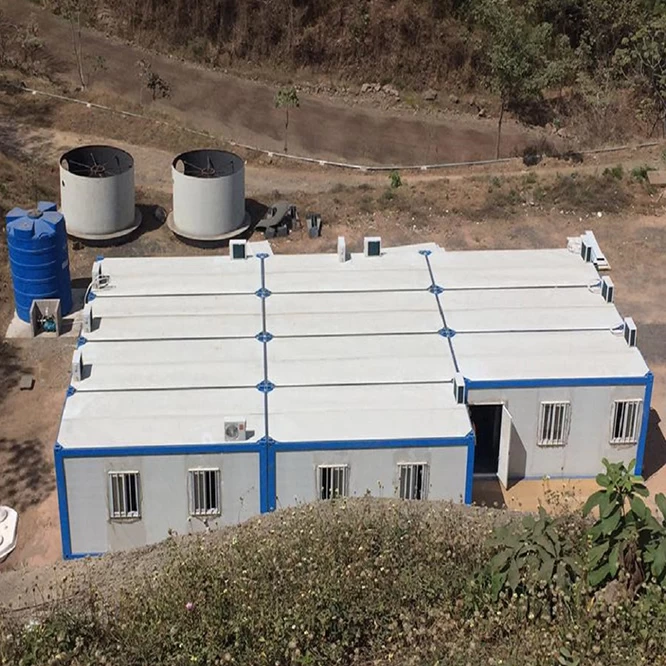Discover Container Hotel: Compact, Creative, and Captivating Accommodations for the World.
2019-11-09 10:00:30
Discover Container Hotel: Compact, Creative, and Captivating Accommodations for the World.
一、Planning goals
- To create a unique accommodation experience that appeals to both domestic and international tourists, especially those travelers who pursue novel and eco-friendly lodging concepts.
- To establish a distinctive brand image in the market, differentiating itself from traditional hotels.
- To achieve a certain occupancy rate in the first year of operation, gradually enhance brand awareness, and become a well-known specialty accommodation option in the local area within three years.
二、Detailed plan
(一)Site Selection and Site Preparation
- Select a location close to popular tourist attractions, transportation hubs or commercial centers to ensure convenient accessibility. Meanwhile, consider the safety and aesthetics of the surrounding environment.
- Lease or purchase a suitable vacant land for placing the container guest rooms. Complete the relevant land use permits and planning approval procedures.
(二)Container design and modification
- Collaborate with professional designers to design the layout of various types of container guest rooms, including standard rooms, double rooms, family suites, etc., to meet the needs of different guests.
- Use environmentally friendly materials for the interior decoration of the containers to ensure good sound insulation and heat insulation effects. Equip with modern facilities such as comfortable beds, private bathrooms, air conditioners, wireless networks, and intelligent control systems.
- Carry out creative designs on the exterior of the containers, incorporating local cultural elements or fashionable artistic styles to make them visually attractive architectural landscapes.
(三)Supporting facilities construction
- Build public leisure areas, such as open-air gardens, barbecue areas, outdoor swimming pools (if conditions permit), to provide guests with leisure and entertainment spaces.
- Construct a reception hall equipped with front desk services, luggage storage, tourist information and other functional areas to ensure a smooth check-in process for guests.
- Plan sufficient parking spaces to facilitate self-driving guests.
(四)operations management
- Assemble a professional hotel operation team, including front desk receptionists, housekeeping staff, maintenance personnel, marketing personnel, etc. Clarify the responsibilities of each position and formulate standardized service procedures.
- Establish online and offline reservation systems and cooperate with major travel reservation platforms to expand customer sources.
- Launch special service projects, such as local cultural experience activities, personalized breakfast customization, bicycle rentals, etc., to improve guest satisfaction.
三、Required resources and budget
(一)Resources
- Human resources: Recruit various professionals with hotel industry experience. It is estimated that [X] employees will be needed in the initial stage.
- Material resources: Purchase a large number of materials such as containers, decoration materials, furniture and electrical appliances, and hotel supplies.
- Land resources: Lease or purchase a suitable site to ensure a long-term and stable business space.
(二)Budget
- Site lease/purchase cost: [X] $ (depending on the location and area)
- Container procurement and modification cost: [X] $(including the costs of container purchase, transportation, design, and decoration)
- Ancillary facility construction cost: [X] $ (construction costs of leisure areas, reception halls, parking lots, etc.)
- Equipment procurement cost: [X] $ (furniture, electrical appliances, intelligent systems, etc.)
- Human resource cost: [X] $ (salary, benefits and other expenses of employees in the first year)
- Marketing and promotion cost: [X] $ (costs of brand building, online and offline promotion activities, etc.)
- Operating funds: [X] $ (used for daily procurement, water and electricity bills, maintenance, etc.)
Total budget: [X] $
四、Effect evaluation
(一)Occupancy rate assessment
- Regularly collect the occupancy rate data on a monthly, quarterly and annual basis, and conduct a comparative analysis with hotels of the same grade in the same region.
- Adjust the marketing strategy, pricing strategy or service content in a timely manner according to the fluctuations in the occupancy rate.
(二)Guest satisfaction survey
- Conduct guest satisfaction surveys regularly, either through online questionnaires or in-person interviews at checkout.
- Analyze the survey results to identify areas for improvement in service quality, facilities, and overall guest experience. Use this feedback to make necessary adjustments and enhancements.
(三)Brand awareness assessment
- Monitor social media mentions, online reviews, and media coverage of the hotel. Track the growth in followers on social media platforms and the volume of positive publicity.
- Measure the increase in direct bookings through the hotel's official website as an indicator of growing brand recognition.
五、Risk Response
(一)Market Risk
- Fluctuations in tourism demand due to economic downturns, natural disasters, or global events can impact occupancy rates. To mitigate this, maintain a flexible pricing strategy and offer special packages during off-peak seasons.
- Competition from new and existing hotels in the area. Continuously innovate and improve services, and focus on marketing the unique selling points of the container hotel.
(二)Regulatory risks
- Ensure compliance with building codes, safety regulations, and environmental laws throughout the design, construction, and operation phases. Regularly review and update procedures to meet any changes in legislation.
- Obtain all necessary permits and licenses in a timely manner to avoid legal issues and potential shutdowns.
(三)Operational risks
- Equipment failure and maintenance issues. Implement a preventive maintenance program and have backup systems in place for critical facilities like electricity and water supply.
- Staff turnover. Provide competitive compensation packages, training opportunities, and a positive work environment to retain employees.
In conclusion, by carefully planning and executing each aspect of this container hotel project, while proactively addressing potential risks, we aim to create a successful and sustainable hospitality business that offers guests an unforgettable experience.

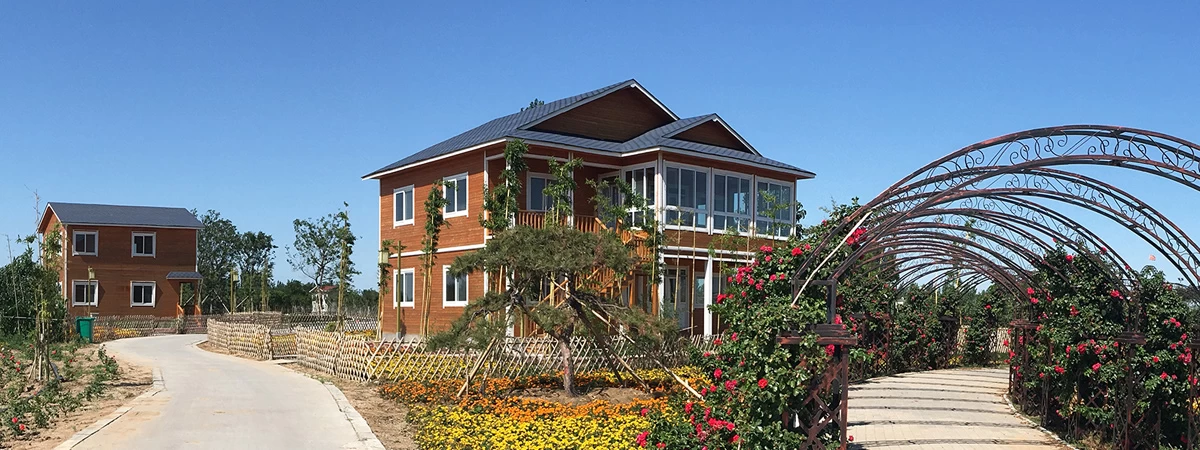
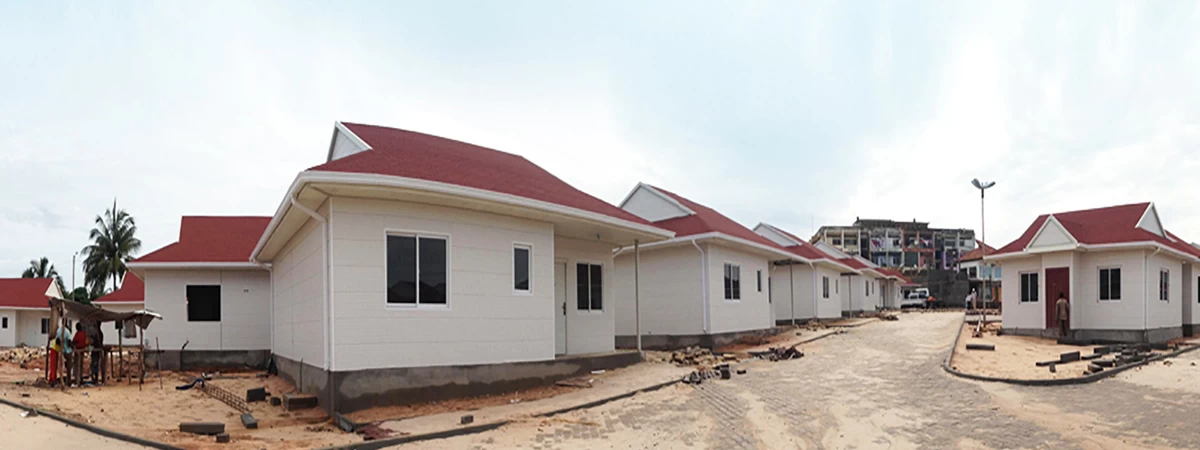
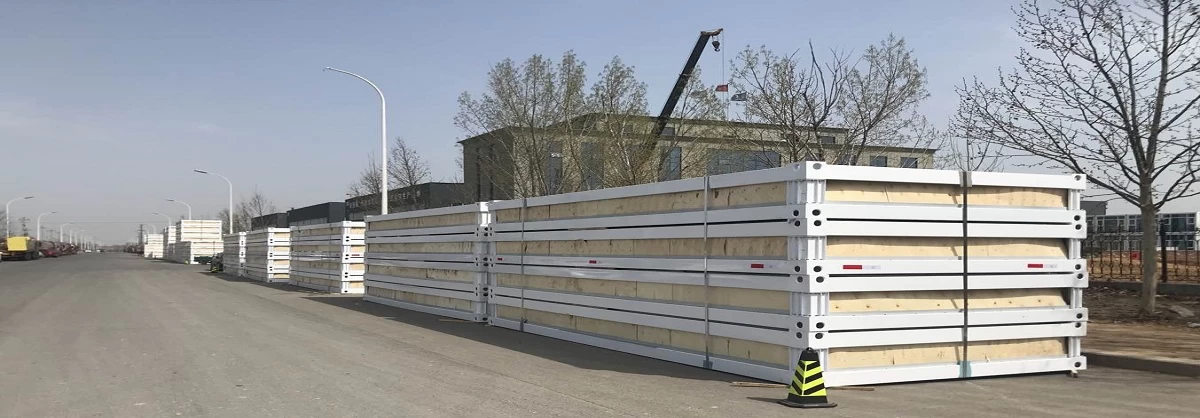
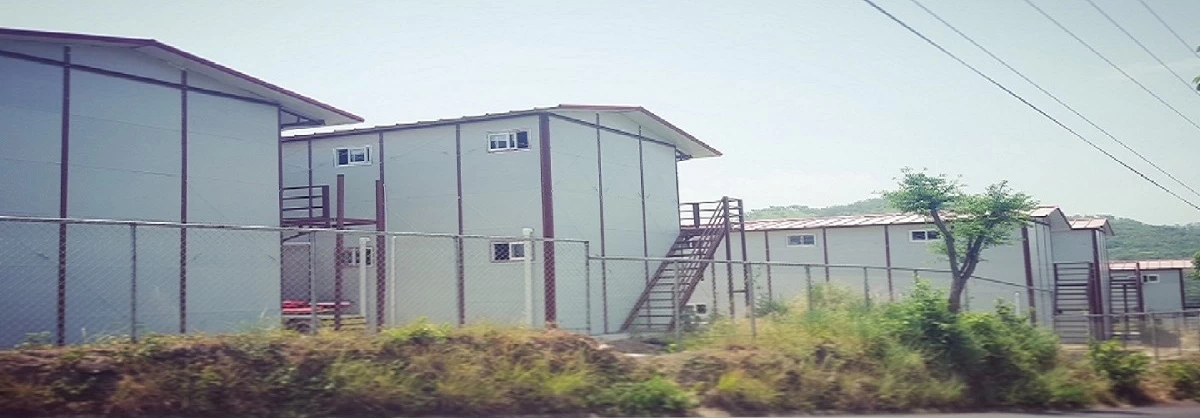


-Heya-Low-Price-Prefab-Villa-Prefabricated-Steel-Structure-Villa-Made-In-China.jpg.webp)
